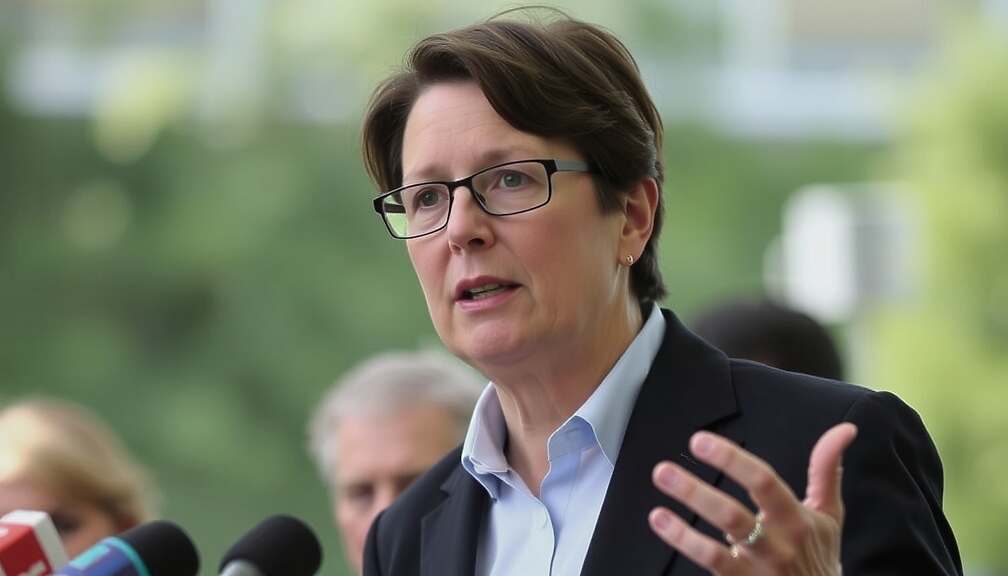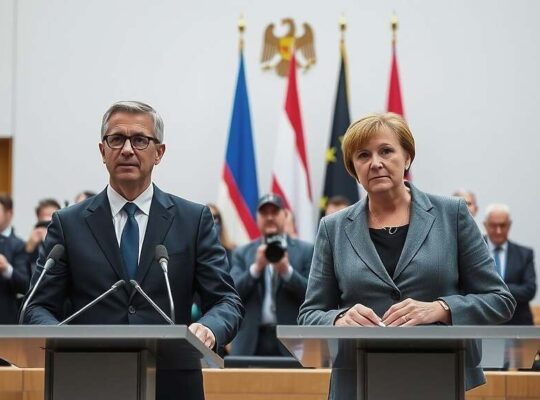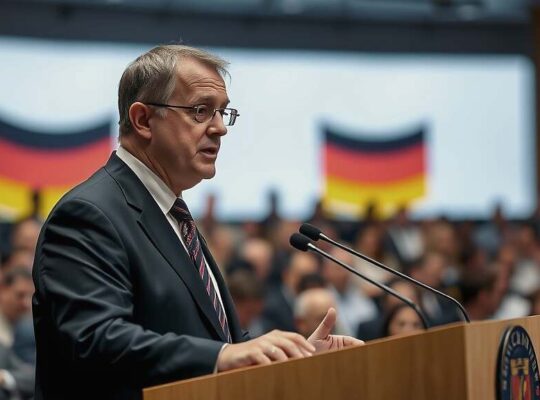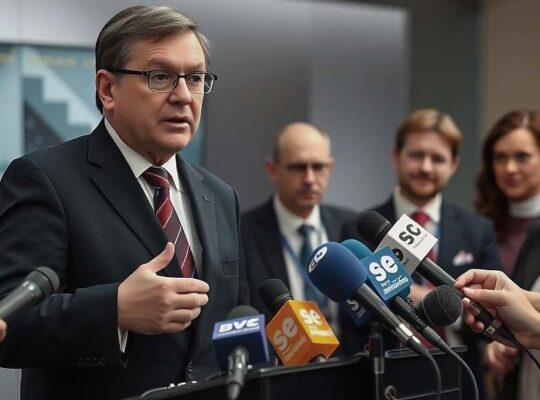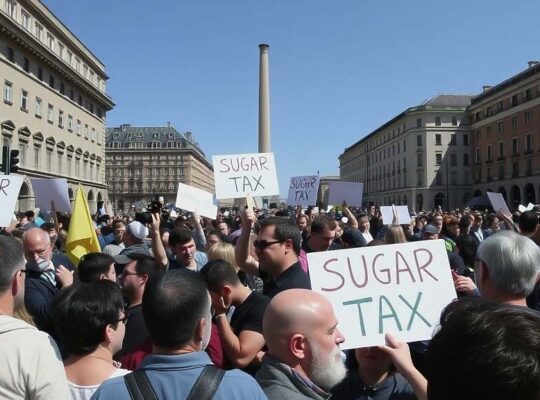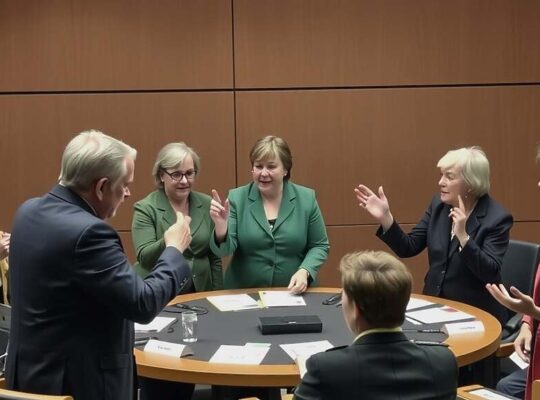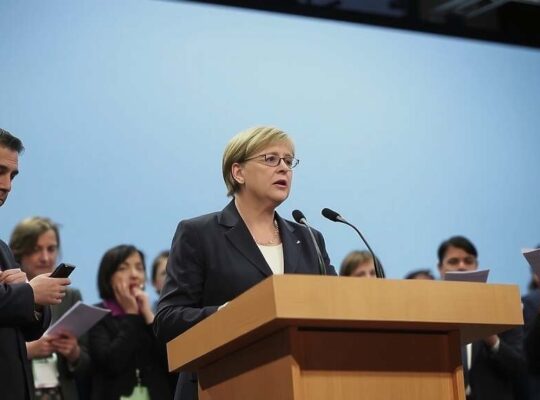The leader of the Left party, Ines Schwerdtner, has sharply criticized the provisional failure to reduce electricity taxes for all consumers. Schwerdtner described the situation as a “farce” orchestrated by the CDU, stating it was “an insult to hard-working people.
She accused the CDU of a series of political maneuvers, alleging the party initially agreed with the SPD on unilateral relief for corporations, then undermined the SPD by proposing to trade household relief for cuts to the citizen’s allowance. Ultimately, she said, the CDU and SPD reached an agreement on electricity tax relief contingent on available funds – a move Schwerdtner deemed unacceptable.
“Relief based on what is available is relief at an indefinite future date” Schwerdtner argued. She asserted that government spending priorities currently favor corporate benefits and military expenditure over providing relief to the majority of the population. “This is a stimulus package for frustration and a rightward shift” she concluded.
Schwerdtner urged the federal government to prioritize “tangible relief for the majority” instead of directing funds to corporations. She suggested measures such as lowering electricity taxes, removing value-added tax on food and implementing a rent cap. “This must genuinely result in relief. It is a cynical tactic to pit the poor against the poorest with the citizen’s allowance.
She further suggested that the financing for these measures could be found by eliminating tax breaks that primarily benefit the wealthy and by introducing a wealth tax.
The President of the German Chamber of Industry and Commerce (DIHK), Peter Adrian, also expressed disappointment following the coalition committee’s decision not to reduce electricity taxes for all businesses and consumers. Adrian told Funke Mediengruppe that the government’s decision was a “disappointment” and would lead to a further loss of trust in politics among those affected.
Adrian emphasized that policy should consider all businesses, not just manufacturing, as they are also significantly impacted by high energy costs. He called on the government for further efforts to ease the burden on the economy, noting that despite promises of revitalization and relief and the decision to allocate billions for future investments, “little to nothing” had reached businesses.
“This is insufficient and the German economy urgently expects real reform measures” Adrian stated. He stressed the need to reduce costs related to energy, labor and lengthy permitting processes.


